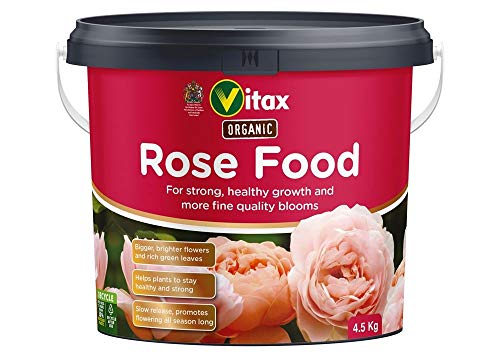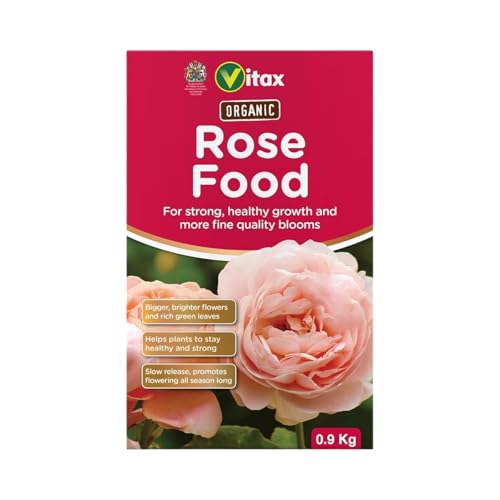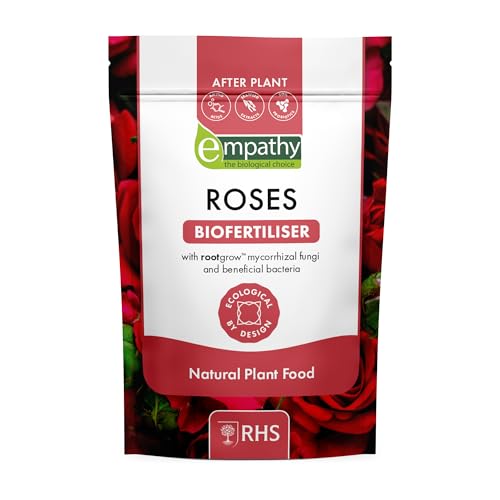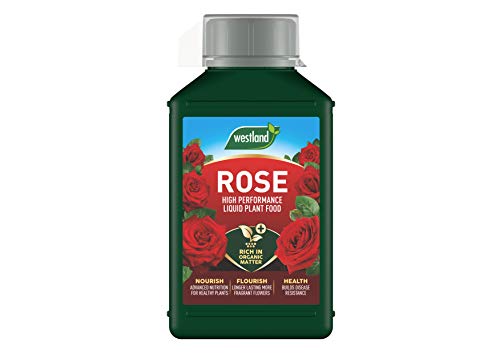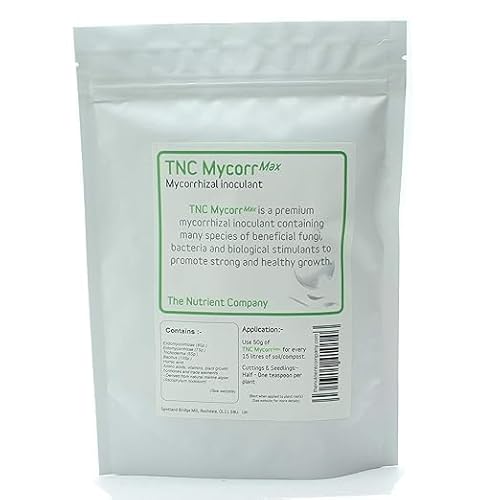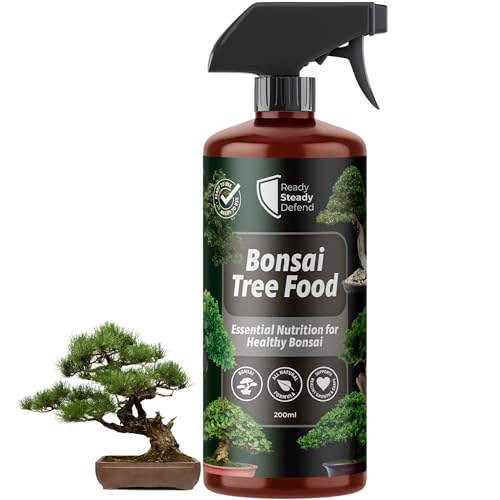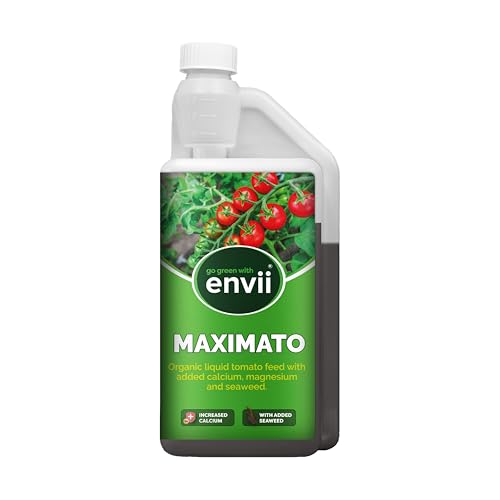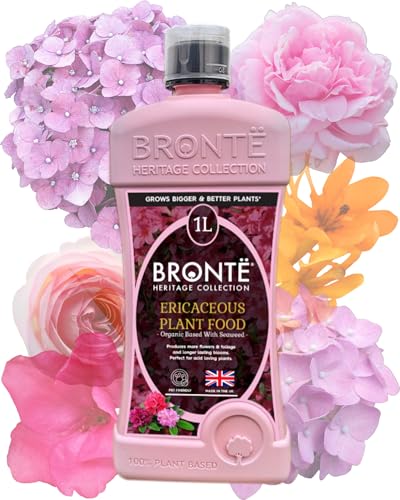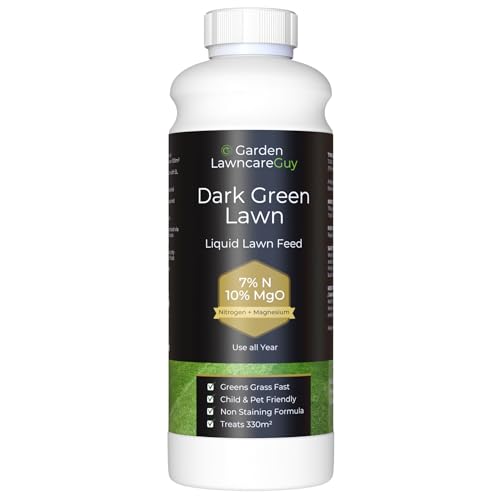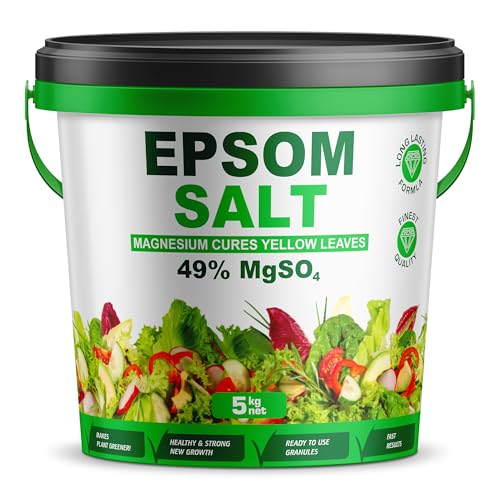Understanding Rose Fertiliser: What You Need to Know
The Role of Fertiliser in Rose Health
Rose fertiliser is essential for nurturing healthy and vibrant rose bushes. Just like humans, plants require nutrients to thrive. Fertilisers provide the three primary nutrients – nitrogen, phosphorus, and potassium – necessary for growth. Nitrogen promotes strong foliage, phosphorus encourages root development and flowering, while potassium helps strengthen plants and resist disease. By understanding these components, we can appreciate how fertilisers not only enhance the appearance of roses but also boost their overall health.
Signs of Nutrient Deficiency in Roses
Recognising when your roses need fertiliser can be critical for maintaining their health. Look out for signs like yellowing leaves, poor bloom production, or slow growth. If your roses appear weak or are not flowering as expected, it may indicate a nutrient deficiency. Understanding these warning signs enables us to take proactive steps to ensure our roses are getting the nutrients they need to flourish.
Types of Rose Fertiliser: Which One is Right for Your Garden?
Granular vs Liquid Fertilisers
When choosing rose fertiliser, we can opt between granular and liquid forms. Granular fertilisers are slow-releasing, offering a continuous supply of nutrients over time. They’re ideal for gardeners who prefer a less frequent application schedule. Conversely, liquid fertilisers deliver nutrients quickly, making them suitable for addressing immediate deficiencies. Understanding our gardening routine will help us decide which form suits our needs best.
Synthetic vs Organic Options
Another critical choice is the distinction between synthetic and organic fertilisers. Synthetic fertilisers often provide nutrients in concentrated forms, resulting in rapid growth and flowering. However, they might lead to long-term soil health issues if used excessively. On the other hand, organic fertilisers, made from natural materials such as compost or manure, improve soil structure over time while supplying nutrients. Choosing between these options depends on our gardening philosophies and the health of our soil.
How and When to Apply Rose Fertiliser for Maximum Growth
Optimal Timing for Fertilisation
Timing is essential when applying rose fertiliser. Typically, we should start in early spring when new growth begins. A second application can occur in mid-summer to support the next blooming cycle. Applying fertiliser during these periods ensures that roses receive vital nutrients as they require them most, leading to more robust blooms and healthier plants.
Application Techniques
How we apply fertiliser can impact its effectiveness. For granular fertilisers, it’s best to scatter the granules around the base of the plants and lightly work them into the topsoil before watering. If we use liquid fertiliser, diluting it according to the instructions ensures that the nutrients are readily absorbed. Following these techniques will maximize the benefits of our fertiliser application.
Tips for Choosing the Best Organic Rose Fertiliser
Understanding Ingredients
When choosing organic rose fertiliser, we need to pay attention to the ingredients listed on the label. Look for fertilisers with a balanced N-P-K ratio, which indicates the presence of nitrogen, phosphorus, and potassium in appropriate amounts. Additionally, ingredients like bone meal, fish emulsion, or kelp provide supportive nutrients that promote healthy blooms.
Local Availability and Specialisation
Consider sourcing organic fertilisers that are locally available, as these often contain ingredients suited to our specific soil conditions. Local gardening centres typically carry products tailored to our region. Exploring these selections helps us find the most suitable organic fertilisers for our roses, ensuring our plants thrive.
Common Myths About Rose Fertiliser: Setting the Record Straight
Myth: More Fertiliser Equals More Blooms
One common misconception is that applying more fertiliser will produce more blooms. In reality, over-fertilising can harm plants, leading to excessive leaf growth at the expense of flowers. It’s important to adhere to recommended guidelines to ensure a healthy balance, enhancing the overall blooming process without compromising plant health.
Myth: You Can Fertilise Anytime
Another myth suggests that roses can be fertilised at any time during the growing season. While roses do need nutrients regularly, timing is crucial. We should adhere to optimal fertilisation periods to prevent shock and ensure that our plants absorb nutrients effectively. Understanding the truth behind these myths enables us to care for our roses more effectively.





